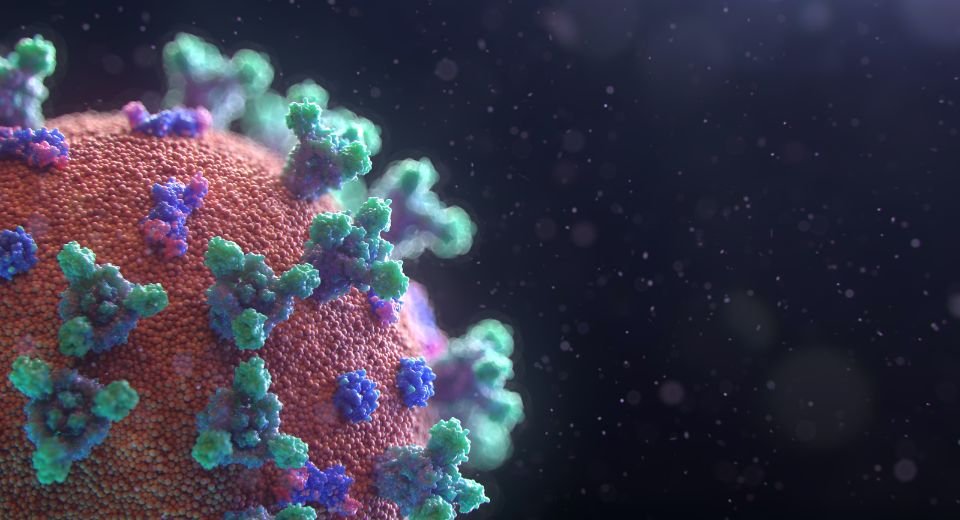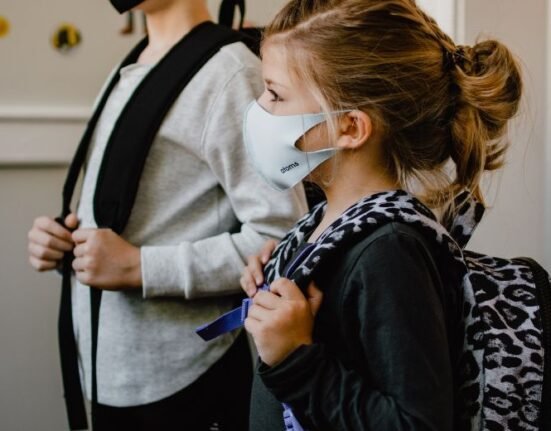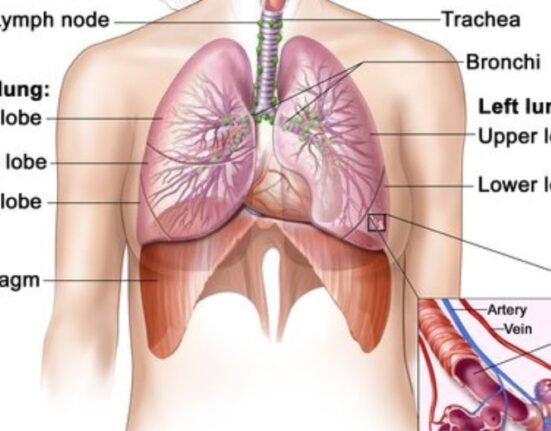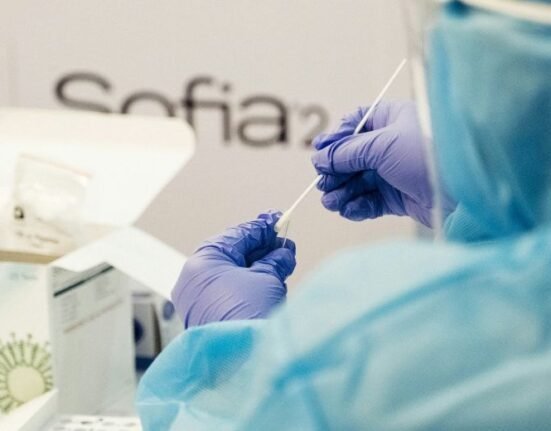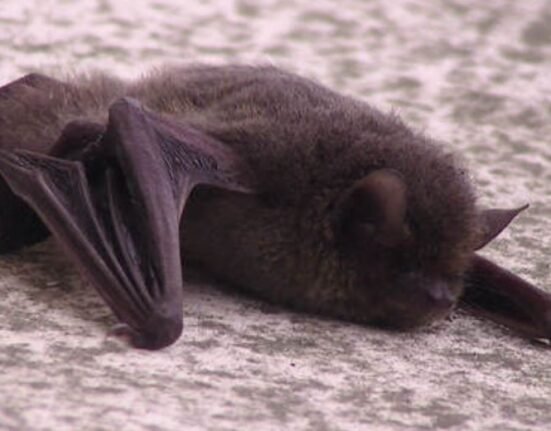H Q team
February 22, 2023: How long does immunity last after a COVID-19 infection? This is one question that is troubling people and health experts alike as many people are getting reinfected despite innoculation.
Another query is about the severity of the reinfection. Does it reduce?
A new study published in The Lancet attempts to answer these questions. The authors reviewed data collected from 65 studies across 19 countries.
Covid Risk Data
In this largest review of collected data, the researchers compared Covid-19 risk among people who had already got infected and those without a prior infection. Studies of people with hybrid immunity ( natural plus vaccination) were excluded. The analyses covered studies from the beginning of the pandemic until September 2022, and looked at the alpha, beta, delta and omicron BA.1 variants.
The authors divided their study based on the impact the severity of the disease, protection against reinfection, and symptomatic disease.
They found previous infection was highly protective against reinfection with alpha, beta and delta variants, but less so against omicron BA.1.
A previous infection provided moderate protection from reinfection with omicron BA.1 (45 percent), compared with stronger protection against pre-omicron variants (82 percent). This was also the case for symptomatic infection.
Further, data from studies showed that protection against reinfection for pre-omicron variants dropped to 78.6 per cent over 40 weeks, whereas for omicron BA.1, it dropped more rapidly to 36.1 per cent.
When assessing severe disease, however, all variants showed sustained protection above 88 per cent for 40 weeks.
The authors said that the 40-week mark was not an indication of the fading away of the threat but rather there was limited data available that followed people that far in time.
Protection against Reinfection
The study results showed that protection against severe disease after natural infection was comparable to that from two vaccine doses, for both pre-omicron and omicron BA.1 variants.
The study’s observations make sense when we consider how omicron variants differ from their predecessors.
The most important thing in a virus infection is to neutralize the antibodies that are generated after a viral infection. These Y-shaped molecules recognise intact proteins of the virus exterior and attach to them, preventing the virus from latching on to the cell receptor necessary for infection.
But viruses like SARS-CoV-2 mutate randomly on replication and alter their proteins in the process, escaping detection.
Evasion from neutralizing antibodies explains our failure to control reinfection by omicron variants.
There is another way that the virus can be neutralised, through a type of immune cells called T cells. They recognise snippets of virus proteins rather than intact proteins. Hence they are able to act better on the virus molecules as the virus genome needs to mutate many times to escape it.
T cells recognise infected cells and rapidly eliminate them to reduce virus factories in the body. A robust T cell response to coronaviruses is crucial to prevent severe disease, and fortunately, tougher for omicron to evade.
SARS-CoV-2-specific T cells wane more slowly than antibodies. In fact, people infected with the similar coronavirus SARS in 2003 still had T-cells which recognise SARS-CoV-2 17 years after infection.
Infection vs Vaccination
The authors suggest a person’s previous infection status and timing should be considered alongside their booster vaccinations to predict protection.
The findings could be used to gauge optimal timing for booster vaccinations. More studies in the continuous variants forming can help in fighting this virus in the long term.


